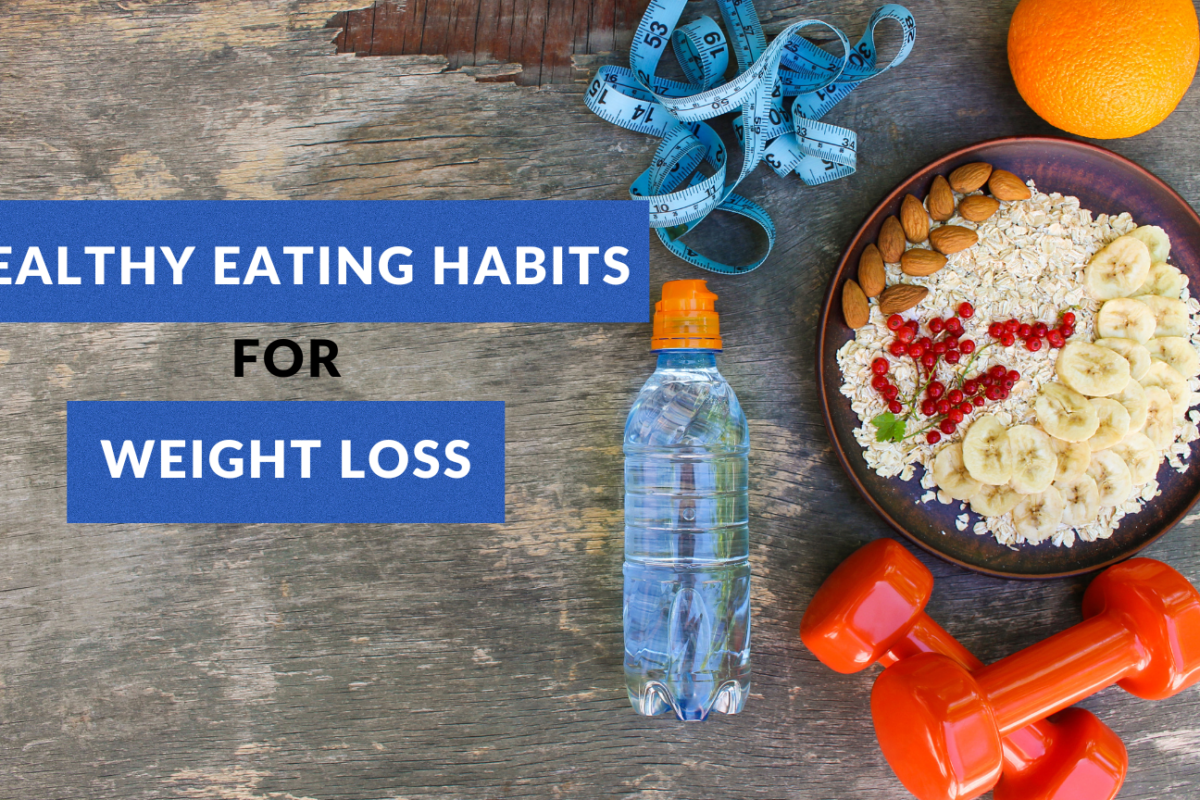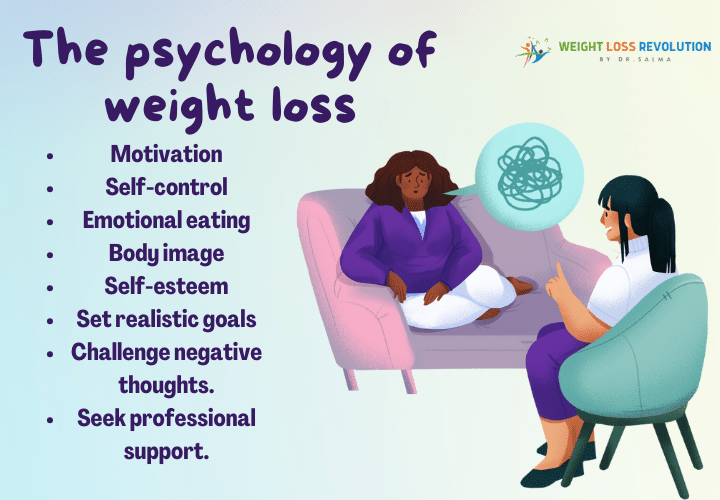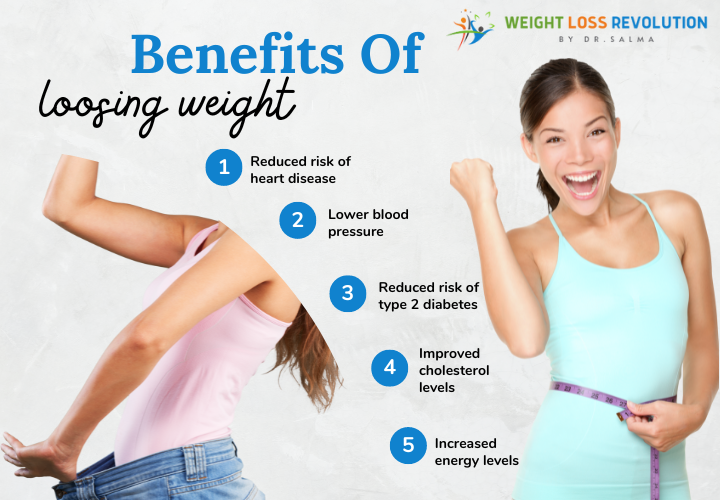As we know that sleep plays an important role in the well being of the body, mood and brain performance. According to studies done it has come to attention that sleep and weight loss are connected with each other. In America it is observed that with the decrease in the duration of sleep the body mass index of the people has also increased which has become one of the factors that lead to obesity. It has also been observed by research that lack of sleep can also result in many metabolic disorders and some life threatening diseases as well.
Effect on Appetite
It has been seen that people that have had less hours of sleep have increased appetite. The scientific reasoning behind it is that the neurotransmitters i.e. Ghrelin that stimulates hunger, becomes active which leads to high calorie intake. Studies have also shown that people who were deprived of sleep had higher craving, bigger portion sizes and had more fat consumption. A sleep deprived person consumes 385 more calories than a person with a healthy sleep schedule.
Dysregulation of Metabolism
Sleep also affects the chemical reactions going on in the body known as the metabolism. During sleep a slow metabolism is promoted. It has come to attention that sleep deprivation can lead to dysregulation of metabolism. Keeping yourself awake for extra hours disrupts the body’s circadian rhythm, which might lead to gain in weight. Studies have also revealed that people who lack sleep are more susceptible to disorders like type 2 diabetes.
Physical & Mental Aspects
Among the sleep deprivation symptoms are laziness and lack of energy that can result in moody, angry agitated behaviour. The sleep deprived brain has dull activity in the frontal lobe of the brain that is used to make decisions making your judgments clouded. While a person with a healthy sleep cycle would be able to resist the cravings of junk food easily, a person whose brain is tired will have less willpower to say ‘No’ to their junk food cravings.
Tips for Better Sleep
Here are some tricks that can help you achieve a sound sleep;
- Turn off your electronic devices i.e. laptops and mobile.
- Meditate, read or take a nice bath before sleep.
- Avoid caffeinated drinks like tea, coffee and sodas before sleep.
- Melatonin, a natural sleep hormone, is stimulated in the dark so it is advised to turn off the lights at bed time.
- Exercising regularly can improve the quality of sleep.
- Stop eating right before going to bed.
- Maintain a sleep schedule.
Besides weight loss, it is important to note that sleep plays a crucial role in maintaining a healthy body. Not having the appropriate duration of sleep can lead to depression and a wide range of medical conditions like obstructive sleep apnea, restless legs syndrome, diabetes and high blood pressure. A person who does not prioritise sleep is putting his health at various risks.








